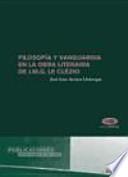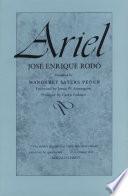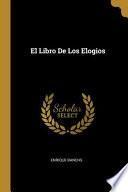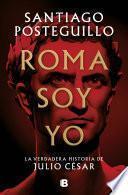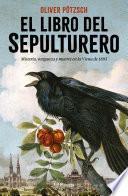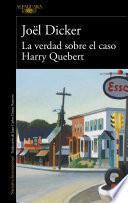Cartografías literarias del exilio
Sinopsis del Libro
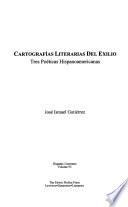
This study deals with the experience of exile in the works of three Spanish American writers: The Cuban authors Reinaldo Arenas and Manuel Diaz Martinez, as well as the Uruguayan author Fernando Ainsa. Along with the reshaping of territories, and socio-economic and cultural dimensions which took place on a worldwide scale, the last few decades have also witnessed a reshaping of the spectrum and voices of Latin-American writers that create, revisit and suffer the complex and multifaceted phenomenon of exile. The displaced subject, or rather, the voices of the displaced, the marginalized and the excluded rise up from a fringe that, for various reasons or motives, will always represent a place that lies beyond the borders -imaginary or real- of the spatial, political, cultural, linguistic and sexual communities to which they subscribe. And, these voices, regardless of the grouping to which they belong and the choices on which they base the necessity or purpose of their expressive survival, map out a work that, while being personal in its origins, speaks to a more general context. exile and about exile, provided that we draw a distinction between these two facets (to the extent that it is possible) by having regard to thematic nuances and gradations that give substance to the journeys that mould diatopic variations in the discourses of the uprooted. And, it is necessary to speak in plural because, beyond the characteristics or common motives of nationalities and the political fortunes that have left their mark on entire generations of exiles, exile as a phenomenon responds to the rootlessness in itself, the blank spaces and the lack of linguistic, affective and cultural continuity, with strategies, identity masks and tactics for representation and resistance that infuse each of these idiosyncratic discourses. Hence its originality and intrinsic solitude, hence its penitence, and hence also its familiar and irreplaceable expressive uniqueness. It does not take much reflection to conclude that Latin-American literature has and continues to emanate predominantly from internal or territorial exiles. historiography of Latin America, tower above the founding moments and extend far beyond the consolidation of the nation states. Think of a work such as El Facundo by the Argentine writer, Domingo Faustino Sarmiento, written in the style of a political pamphlet in an attempt to justify the ostracism that the author suffered, thereby initiating, in more ways than one, the narrative of the American subcontinent and its peculiar combination of genres. Think also of the journeys of Pablo Neruda, Gabriela Mistral and Julio Cortazar, amongst other intellectuals, not to mention the vast list of travellers in the 19th century who set out to explore large parts of the American and European continents, travelling as far as the Middle East; or, exile in reverse, experiencing its destabilising face, stirred up by the cultural agendas projected onto the literary establishment by the ruling elites, as occurred in the Rio de la Plata towards the end of the last century. the demands that stem from violence and the devastating side-effects of globalisation, has transformed the Latin America of our day into a continent of emigration. And, it is a fact that those aspects which shape the identity of the field of literature have had to undergo significant short-term and long-term reassessments in order to assimilate new cultural centres of gravity and heterogonous cultural elements. The work presented here by Jose Ismael Gutierrez shares a similar concern, namely the need for research, which for some time has been enriching the Latin-American literary bibliography in these parts, as never before. However, careful consideration reveals that this study is linked to one of the essential discursive categories of the literary phenomenon in the history of our literature, namely territorial displacement as a system, involuntary displacement and the stigma of...
Ficha Técnica del Libro
Subtitulo : tres poéticas hispanoamericanas
Número de páginas 202
Autor:
- José Ismael Gutiérrez
Categoría:
Formatos Disponibles:
MOBI, EPUB, PDF
¿Cómo descargar el libro?
Valoración
3.3
33 Valoraciones Totales
